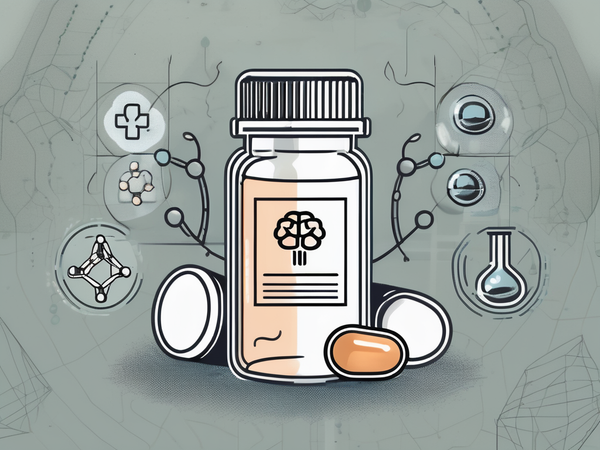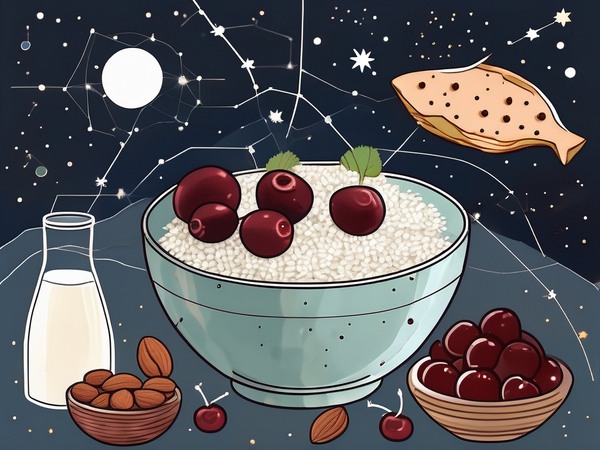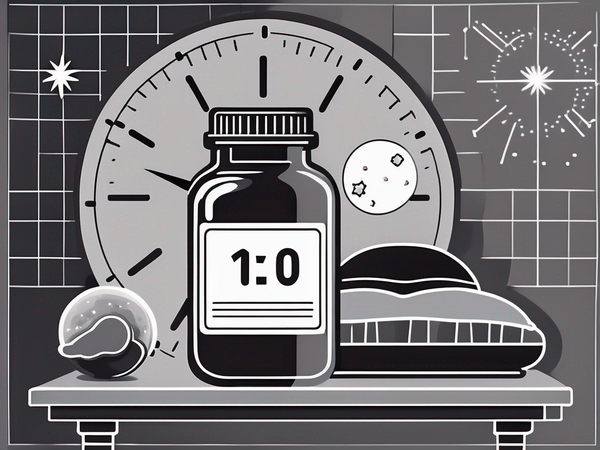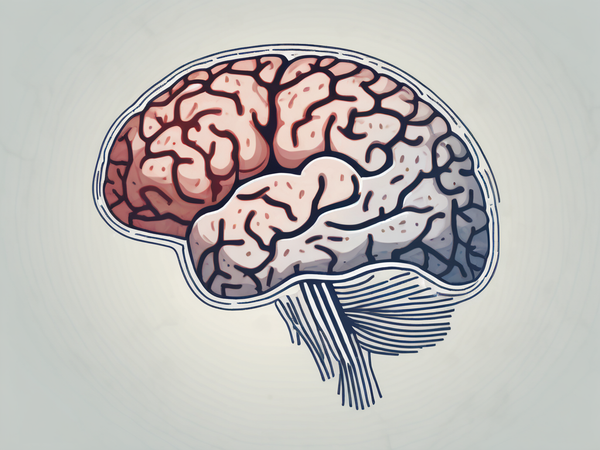Off late there are a lot of apps that are designed to help a person drift off to sleep. It is saddening to know that people have to struggle to get sleep, something that is so innate and should come naturally to all.
Before we start to discuss what insomnia is and why it is a hot topic to talk about, let us first understand the importance of sleep.
Importance of Sleep
Good quality sleep is as essential as our basic survival needs of food and water. Sleep has an important role to play in learning, cognition and in performing essential body functions. In fact, it is even said that it helps the body repair and rejuvenate itself, improve immunity and cell functions, and act as a natural detoxifier for the body.Melatonin, also called the sleep hormone, is a hormone that our mighty brain produces in response to darkness. It plays a crucial role in setting the body’s internal clock, also known as the circadian rhythm. Excessive exposure to light can hamper the production of this sleep hormone.
Having said this, insomnia or poor sleep habits are now believed to be a cause of many problems like depression, low productivity, poor work performance and other issues related to your overall wellbeing. Let’s be honest, we all have experienced poor sleep at least once in our lives and we do remember how grumpy it would make us the following day, more so if we had to go to work (pre covid times!). This experience is backed by research, and is listed below:
How Does Insomnia Affect Your Productivity?
Given below are some of the ways in which lack of sleep affects productivity.
1. Work performance and productivity : Insomnia or poor sleep quality affects productivity and work performance. People with insomnia may clock in the same amount of working hours as others, but the quality of work, or productivity is much lower as compared to people who have good quality restful sleep
2. Fatigue : Fatigue and tiredness are also very common in people with poor sleep patterns, further affecting work efficiency and productivity. Insomnia is also associated with some other unfavourable work patterns like poor decision making abilities, probability of unethical work behaviours and increased absenteeism.
3. Lifestyle diseases : It is believed and researched that lack of good quality sleep has the potential to increase the risk of lifestyle diseases like heart disorders, diabetes and obesity. This is mainly due to increased levels of stress that insomnia can cause, which in turn may lead to the development of obesity and metabolic syndrome
4. Others : It is also known that chronic sleep deprivation is said to impair memory, attention and vigilance. More importantly, cognition is majorly impacted as a long term adverse effect of sleep deprivation.
Let us now walk through some of the recommended measures backed by research to tackle insomnia.
1. Cognitive Behavioural Therapy for Insomnia (CBT-I) : This is the most recommended line of non-medical treatment for insomnia. It involves helping to change negative thought patterns and behaviours that can potentially affect sleep.
2. Stimulus Control : This involves a set of instructions to follow that will enable a person to sleep better.
3. Relaxation therapy : Relaxation therapy mainly includes measures like meditation, and breathing exercises, using essential oils, and creating an environment that helps in preparing for sleep.
Apart from the above mentioned techniques, there is a number 4 – Melts Restful Sleep. This is an all plant based melatonin supplement that is specially curated to alleviate symptoms of insomnia and provide sound sleep. It contains everything that one needs to get a good restful sleep. Melatonin, Vitamin B6, 5-Hydorxytrytophan, Chamomile, Passion flower and GABA (Gamma Aminobutric Acid) – all of which are either hormones, neurotransmitters or sleep enablers.
If you are someone who has an erratic work schedule, frequent jet lags due to frequent travels or simply find it troublesome to fall asleep, then Melts is for you!
References :
- Brain Basics: Understanding Sleep, National Institute of Neurological Disorders and Stroke, (https://www.ninds.nih.gov/Disorders/Patient-Caregiver-Education/Understanding-Sleep)
- Melatonin: What You Need To Know, National Center for Complementary and Integrative Health. (https://www.nccih.nih.gov/health/melatonin-what-you-need-to-know)
- Kessler RC, Berglund PA, Coulouvrat C, et al. Insomnia and the performance of US workers: results from the America insomnia survey [published correction appears in Sleep. 2011;34(11):1608] [published correction appears in Sleep. 2012 Jun;35(6):725]. Sleep. 2011;34(9):1161-1171. Published 2011 Sep 1. doi:10.5665/SLEEP.1230. (https://www.ncbi.nlm.nih.gov/pmc/articles/PMC3157657/)
- Insomnia symptoms and their association with workplace productivity: cross-sectional and pre-post intervention analyses from a large multinational manufacturing company, Sleep Health, National Sleep Foundation. Colin A. Espie, PhD, Brent Pawlecki, MD, Dickon Waterfield, MA, Kit Fitton, BA, Michael Radocchia, MB, Annemarie I Luik, PhD, Published:April 23, 2018DOI:https://doi.org/10.1016/j.sleh.2018.03.003. (https://www.sleephealthjournal.org/article/S2352-7218(18)30042-1/fulltext)
- Alhola P, Polo-Kantola P. Sleep deprivation: Impact on cognitive performance. Neuropsychiatr Dis Treat. 2007;3(5):553-567. (https://www.ncbi.nlm.nih.gov/pmc/articles/PMC2656292/)
- Magnavita N, Garbarino S. Sleep, Health and Wellness at Work: A Scoping Review. Int J Environ Res Public Health. 2017;14(11):1347. Published 2017 Nov 6. doi:10.3390/ijerph14111347(https://www.ncbi.nlm.nih.gov/pmc/articles/PMC5707986/)
- A patient’s guide to Understanding Behavioral and Psychological Treatments for Chronic Insomnia Disorder in Adults, American Academy of Sleep Medicine. (https://j2vjt3dnbra3ps7ll1clb4q2-wpengine.netdna-ssl.com/wp-content/uploads/2021/08/Behavioral-and-Psychological-Treatments-for-Insomnia-Patient-Guide.pdf)



























 DOWNLOAD NOW
DOWNLOAD NOW
